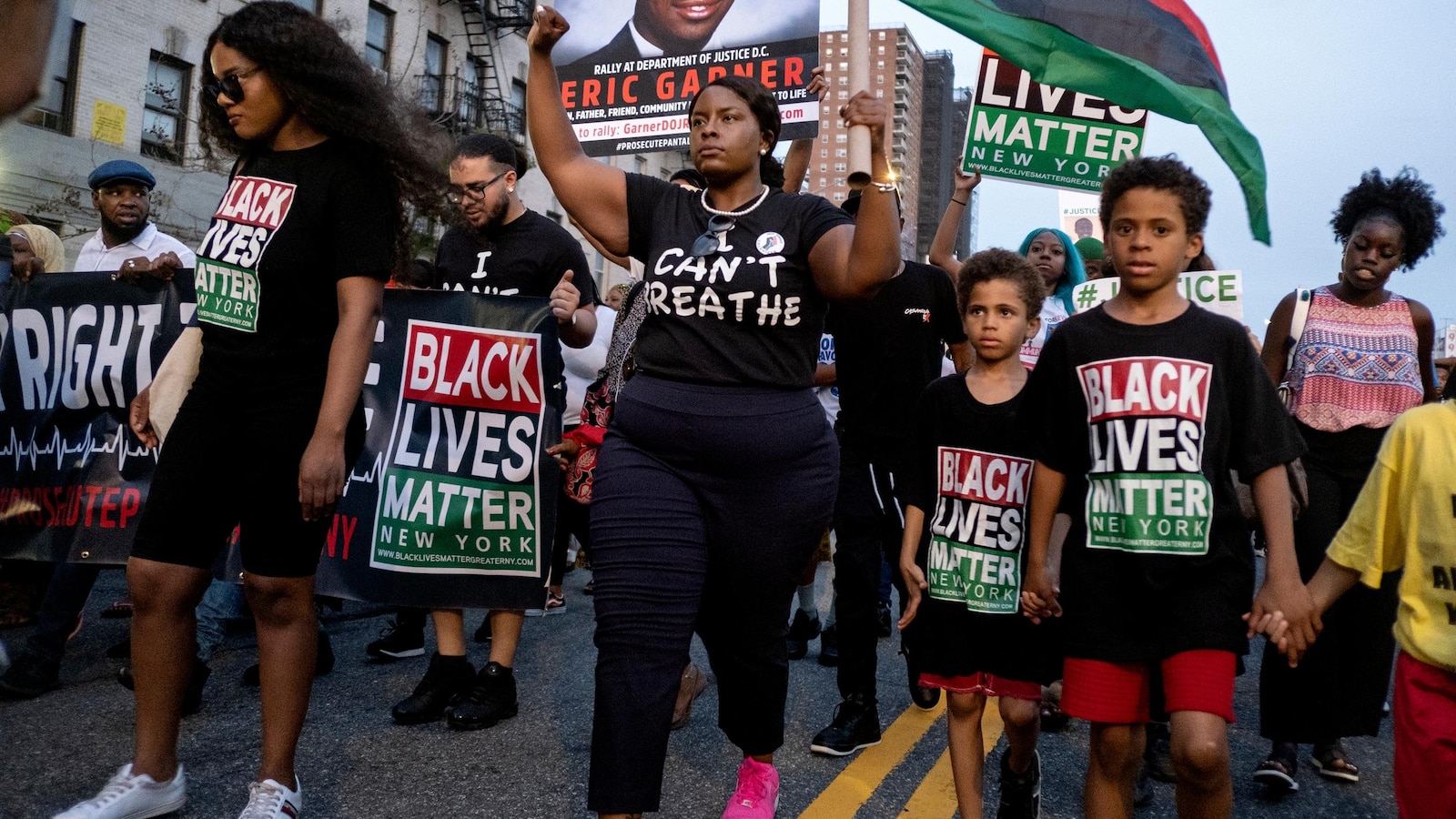Two new studies have shed light on the detrimental impact of police violence on the health of Black Americans. These studies provide important documentation that highlights the urgent need for systemic changes to address this issue and protect the well-being of marginalized communities.
The first study, conducted by researchers at the University of Michigan, analyzed data from over 3,000 adults across the United States. It found that individuals who reported experiencing police violence had significantly higher rates of depression, anxiety, and post-traumatic stress disorder (PTSD) compared to those who did not experience such violence. This study also revealed that Black Americans were disproportionately affected, with higher rates of police violence and subsequent mental health issues compared to other racial and ethnic groups.
The second study, conducted by researchers at Rutgers University, focused specifically on the impact of police killings on the mental health of Black Americans. The researchers analyzed data from the National Longitudinal Study of Adolescent to Adult Health, which followed a diverse group of individuals from adolescence into adulthood. The study found that exposure to police killings of unarmed Black individuals was associated with increased symptoms of depression and emotional distress among Black Americans. Furthermore, this exposure was linked to a decline in overall mental health over time.
These studies provide compelling evidence that police violence has far-reaching consequences beyond physical harm. The psychological toll it takes on Black Americans is significant and cannot be ignored. The findings underscore the urgent need for comprehensive reforms within law enforcement agencies to address racial biases and prevent unnecessary use of force.
One key aspect highlighted by these studies is the role of systemic racism in perpetuating police violence and its subsequent impact on health outcomes. Black Americans are disproportionately targeted by law enforcement, leading to a heightened risk of experiencing violence at the hands of the police. This constant threat and fear can have long-lasting effects on mental health, contributing to a cycle of trauma and distress within marginalized communities.
Addressing this issue requires a multi-faceted approach. First and foremost, there is a need for increased accountability and transparency within law enforcement agencies. This includes implementing stricter guidelines and consequences for officers who engage in excessive use of force, as well as establishing independent oversight boards to investigate incidents of police violence.
Additionally, investing in community-based mental health services and resources is crucial. Providing accessible and culturally competent mental health support can help mitigate the impact of police violence on individuals’ well-being. This includes increasing funding for mental health programs, expanding access to therapy and counseling services, and promoting community-led initiatives that prioritize mental health support.
Furthermore, efforts to dismantle systemic racism must be at the forefront of any comprehensive solution. This includes addressing biases within law enforcement through anti-racism training, diversifying police departments to better reflect the communities they serve, and implementing policies that prioritize de-escalation techniques over the use of force.
In conclusion, the recent studies documenting the impact of police violence on the health of Black Americans provide crucial evidence that demands immediate action. The findings emphasize the urgent need for systemic changes within law enforcement agencies to address racial biases and prevent unnecessary harm. By prioritizing accountability, investing in mental health resources, and dismantling systemic racism, we can work towards a future where all individuals, regardless of their race or ethnicity, can live free from the devastating consequences of police violence.



